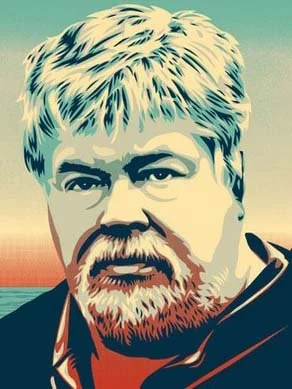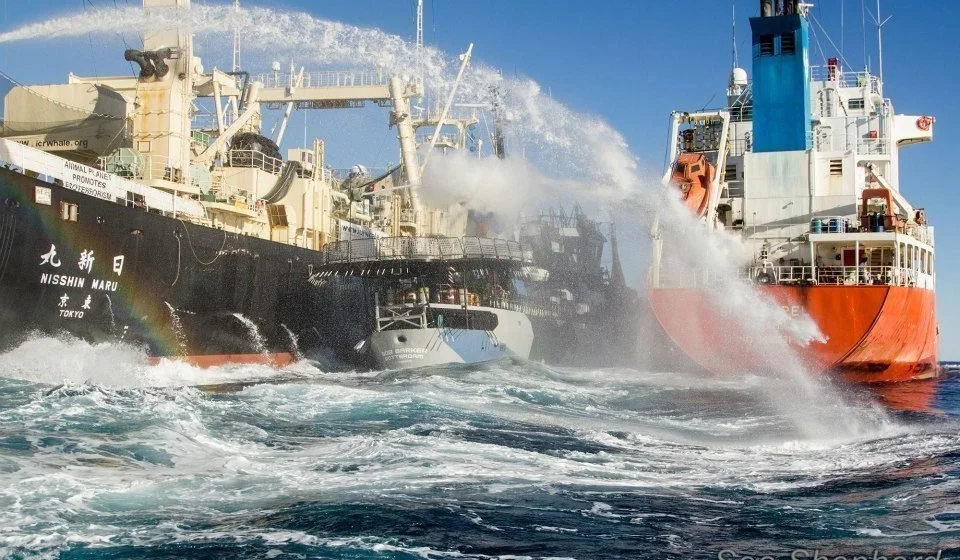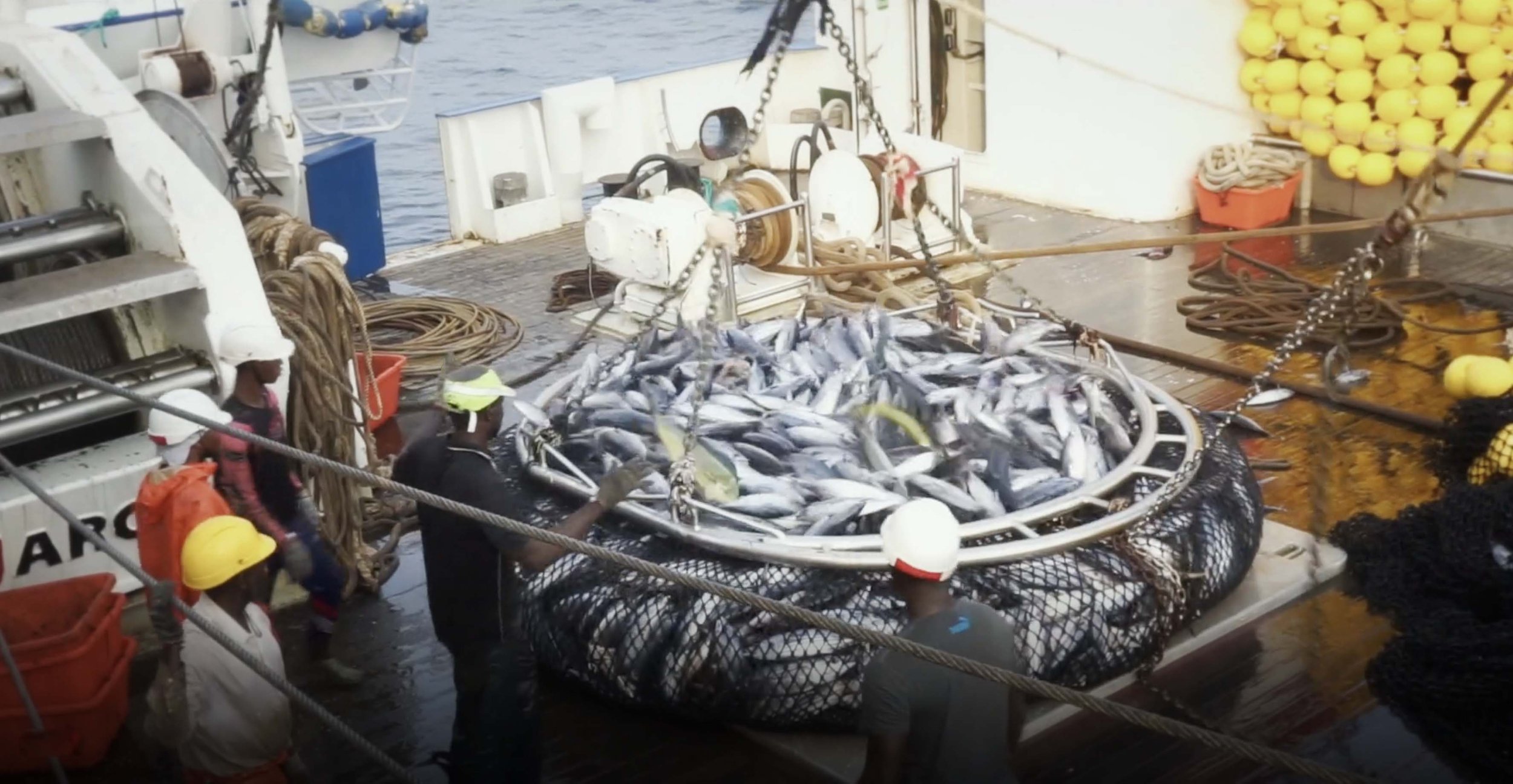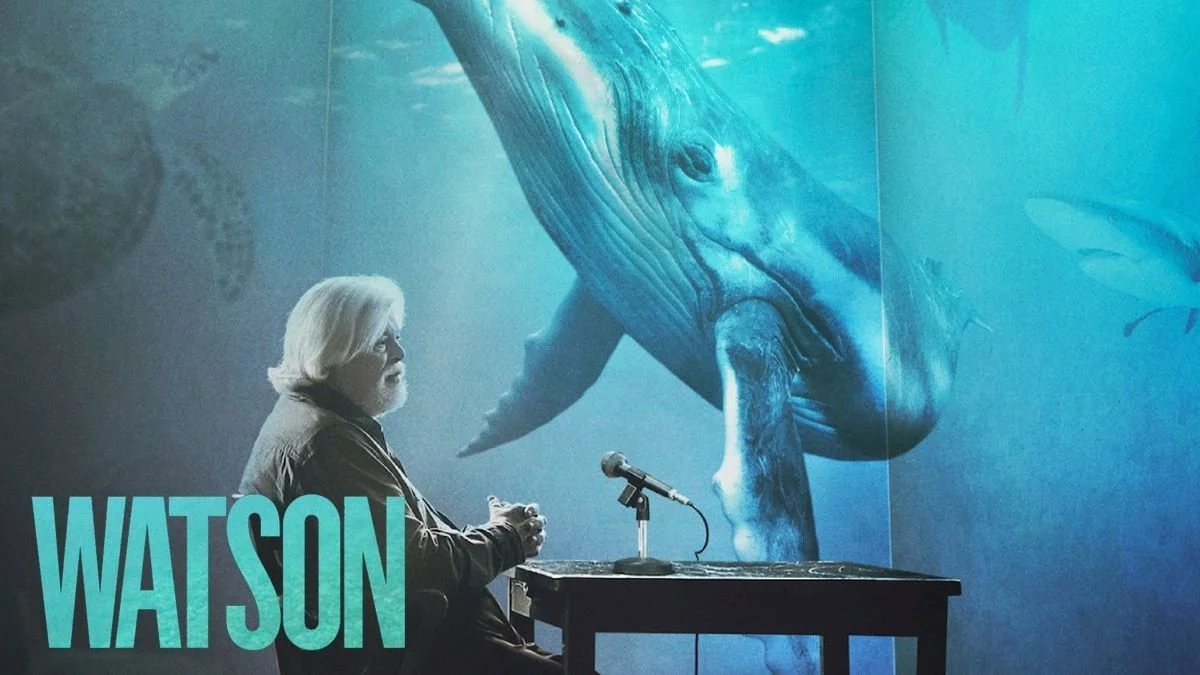“Sentiment without action is the ruin of the soul”
A film Review of “Watson” by Mark Chew
Often, when social movements are looking to make long term, systemic change, they borrow from Gandhian principles to outline their methodology.
In particular…“All social action should be governed by the same simple set of moral values, of which the main elements are selflessness, non-attachment, nonviolence and active service.”
Belief in the righteousness of your cause is rarely enough to excuse violence. Mohamed Atta no doubt believed he was doing the right thing as American Airlines Flight 11 collided with the World Trade Centre.
Nelson Mandela is often placed on a pedestal beside Gandhi and Martin Luther King, but unlike Gandhi, who said that nonviolence and truth were inseparable, and King, who famously declared that violence was immoral, Mandela embraced armed struggle to end the racist system of apartheid.
And we seem to have forgiven him for his advocacy and implementation of violent actions, probably because his cause, the end of the racist system of apartheid, was so blatantly worthy.
While watching “WATSON” the recently released biopic on Sea Shepard founder Paul Watson, I found myself wondering where he fits into this spectrum of activist leaders. At first I thought his cause shouldn’t really be placed on a par with issues such as ending racism and colonial oppression, but by the end of the film I realised that perhaps it’s even more important. In the film he outlines succinctly why this might be so
“If we wipe out the fish, the oceans are going to die. If the oceans die, we die. We can’t live on this planet with a dead ocean.”
At 100 minutes long, this film is a comprehensive account of the live and motivations of Sea Shepherd founder Paul Wilson. It begins with gruelling footage of whale slaughter and factory fishing, as if daring the viewer to turn away. It’s not easy watching, and I caught myself flinching and gasping as we witness the destruction.
We have an account of Paul’s early years, his love for his mother and hatred of his father, and his unconventional childhood growing up in St Andrew’s at the mouth of the St. Croix River in Eastern Canada. He seems to have always behaved with an almost inbuilt conservatist motivation,
“I got the impression that instead of going out to shoot birds, I should go out and shoot the kids who shoot birds.”
The story progresses through his early activist years, being part of the group that founded Greenpeace, and the subsequent split from that organisation when their methods became too timid for his activist philosophies.
“I find it abhorrent to sit there and watch a whale being slaughtered and do nothing but “bear witness” as they call it. Protest is very submissive. It’s like saying “please, please, please don’t kill the whales.” Then they go and kill them anyway.”
It’s following the establishment of Sea Shepherd and the accounts of their early campaigns that we begin to question his methodology. His claim that he is always careful not to kill or injure either those he is protesting against or indeed members of his own crew, are at odds with his actions which point towards a certain recklessness. He has no qualms about destroying property, and his justifications for this reek of vigilantism.
Sea Shepherd Australia blocks an attempt to refuel the Japanese whaling fleet
And then we are confronted with the slaughter. Slaughter of Wales, indiscriminate factory fishing, habitat destruction, shark butchery in the pursuit of just their fins.
The list goes on and on. And really the most poignant point being made is that its not really about the pain and suffering of these helpless animals, it’s about the survival of life on our planet, a cause in which humas have a huge stake.
“I think the problem is that we don’t really understand what we are. In essence, we’re just a conceited, naked ape. But in our minds we’re some sort of “divine legend”, and we see ourselves as some sort of god. That we can walk around the earth deciding who will live and who will die and what will be destroyed and what will be saved. But the fact is we’re just a bunch of primates out of control….(We must) be cognizant of the fact that if the oceans die, we die. Our ultimate responsibility is to protect biodiversity in our world’s oceans.”
Perhaps given the magnitude of the cause we can excuse Paul Watson a little targeted violence much as we have done for Nelson Mandela.
The Documentary “Watson” has recently become freely available on the streaming channel WaterBear. Click on the image below to watch.








